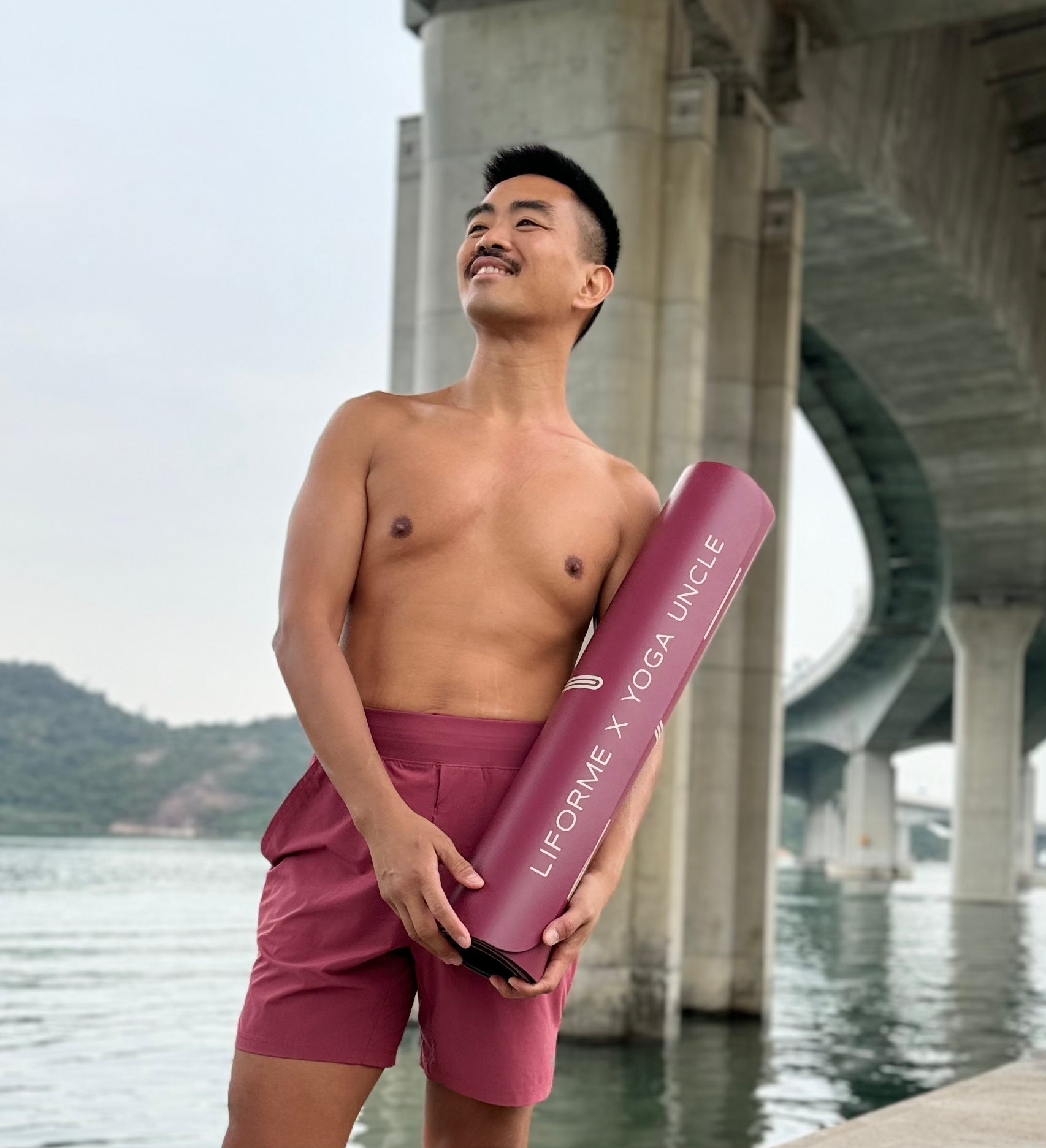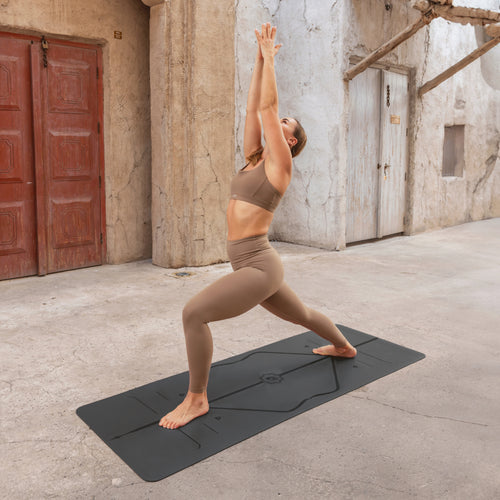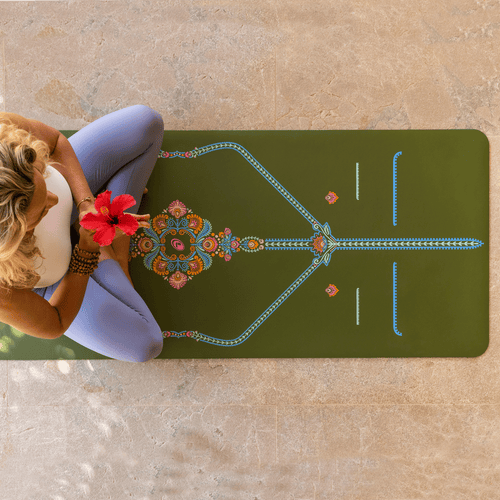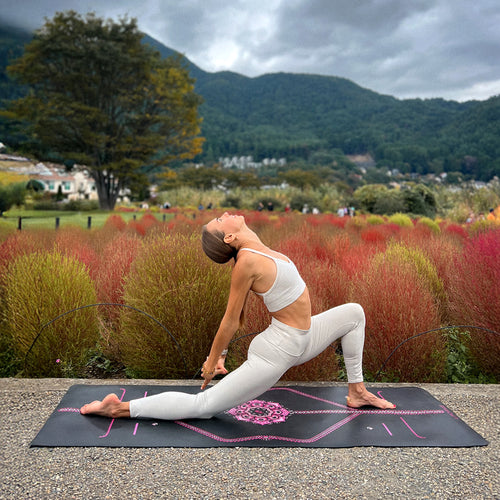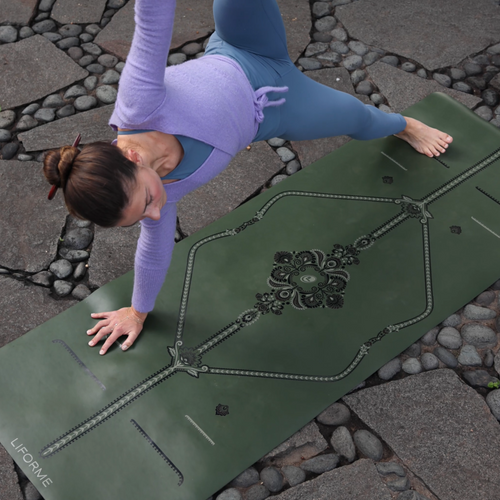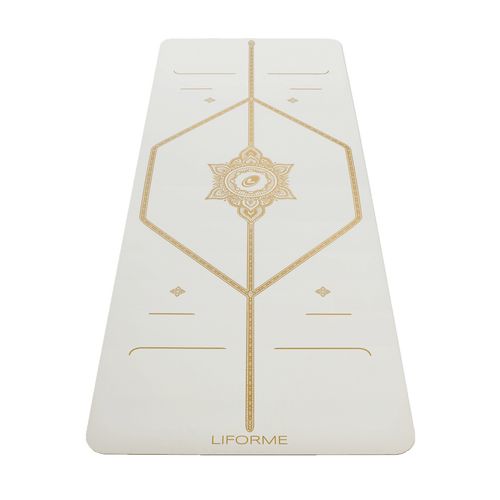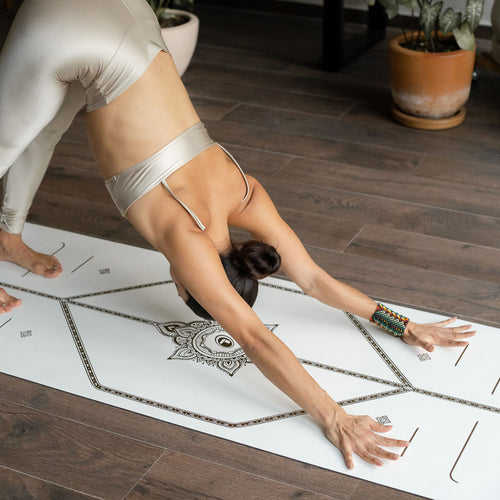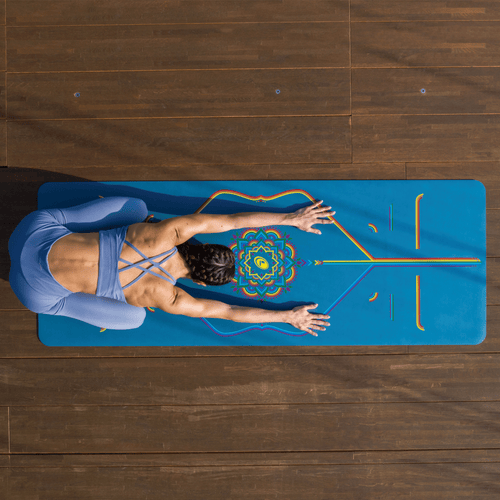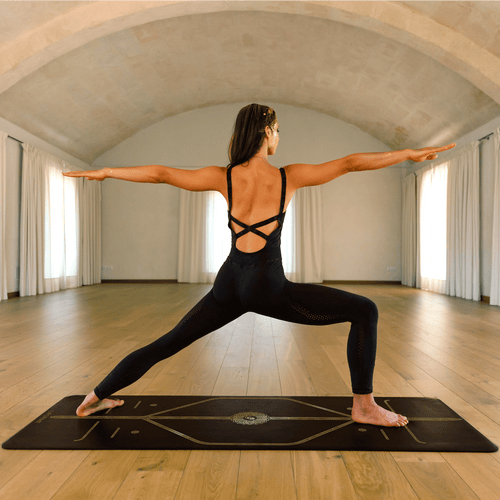Are We Moving Forward or Backward?
It would be a reasonable assumption to make that a world that’s increasingly covered by the internet and interconnected by social media is becoming more open. Information is instant and free, cultural exchange through travel and self-learning are now more accessible than ever, and people are more exposed to each other through multiple screens and endlessly scrolling news feeds. Come as you are; authenticity is the order of the day!
And part of being authentic entails embracing individual uniqueness, of which gender is an important component.
Multiple studies peg LGBTQ+ people at anywhere between 3 - 20% of a population. This means that a great majority of people won’t even have to think about - much less struggle with - gender expression. They simply “are.” And for those of us who are, in fact, gay, lesbian, bisexual, transgender, questioning, intersex, asexual, or any other gender identities not encompassed by the short acronym, gender feels increasingly like a rigid and unnecessary social construct.
To anyone exposed to mass media, it may seem like there’s “fair” gender representation, what with the success of shows like Will & Grace, Orange is the New Black, Glee, Queer Eye, RuPaul’s Drag Race and more.
So why is it that even with the leaps in technological and cultural advancements, it feels like minds are getting narrower and human dignity is under increasing attack?
Consider: To date, 64 countries still criminalise homosexuality. CNN reports that in the United States, the past year saw a record number of 510 anti-LGBTQ bills introduced in state legislatures. And in parallel, there has been an alarming rise in anti-LGBTQ+ hate and extremism.
How Yoga Helps… and How We Can Improve
A pithy response might be, “The world would be a much better place if only more people did yoga.”
Whilst this is not untrue, we in the yoga community have a lot further to go, too, in making our spaces safer, more inclusive, accessible, non-harmful, with developmental and healing potential.
So much of current yoga practice and marketing are based on physical fitness (ability). We are told incessantly that we need “fixing.” “You need to be more flexible!” “You need a straight-line handstand!” “You are anxious; you need a yoga retreat in an exotic resort.” So much of these focus on acquiring some type of solution for modern maladies.
But this is not the be all and end all of the practice. You can become fully actualised without ever having to do a handstand. You can become fully embodied in Savasana. And you don’t need to spend thousands of dollars to feel (or look) spiritual. In yoga, self-improvement is a by-product of self-acceptance. When we learn to love ourselves utterly and completely, something shifts. We transform for the better.
To LGBTQ+ people who are made to feel - by our families, “friends,” and the world at large - that there is something wrong with us, the last place we would wish to feel “less than” is in yoga practice. In an ideal world, the yoga studio becomes precisely the place where we become empowered and build our self-worth.
Bring Your Awareness to Self-Acceptance
“Bring your awareness to…” is something you may have heard in a yoga class. This prompt is all about experiencing oneself deeper. Observing, noticing. For this is what yoga practice is: A work in, not just a work out.
Yet, at its core, this collection of words - “Bring your awareness to…” - is about consciousness expansion. What we practise on the mat is useful inasmuch as our learnings about ourselves ripple out into the world.
Specifically, self-acceptance requires less judgement of oneself (“simply notice”), therefore, less judgement and greater acceptance and kindness toward others, too.
To anyone struggling with self-acceptance, Malik Khalid, founder of Amador, a community-based program providing free yoga, bootcamp and mobility classes in Atlanta, has this to share:
“I would work with them on grounding techniques and exercises that bring them to the present. Often, a struggle with self-acceptance is rooted in samskara (trauma - energetic and emotional wounds that did not get repaired). I would recommend Restorative Yoga, and other reflective practices like journaling and walking without distractions (i.e. no mobile phone).”
He continues, “In an in-studio experience, I would affirm that the student is right where they’re supposed to be, and that their best version of the pose is enough.”

How to Be Your Most Authentic Self
As a gay man myself, who also happens to be recovering from drug and alcohol addiction, I’ve benefited immensely from this healing, calming, strengthening and empowering practice.
I’d like to share these three tips to live your most authentic self on the mat.
1. Turn inward. It can be as simple as closing your eyes or taking a Child’s Pose to shift your awareness toward your inner landscape - emotions, mental state, openness.
2. Let go. Of self-judgement and of comparison with others. Let go of fear and let go of everything that is holding you back.
3. Listen to the sacred voice within. Whilst a yoga teacher’s voice is a useful guide, yoga is self-practice. Listen to your inner cues. Feel your gut by using time on the mat to allow your head and your heart to have a conversation.
May this practice of connecting with the breath, awareness and movement enable us to feel authentic joy in our bodies and become the truest expression of ourselves.
Happy Pride Month, everyone!


